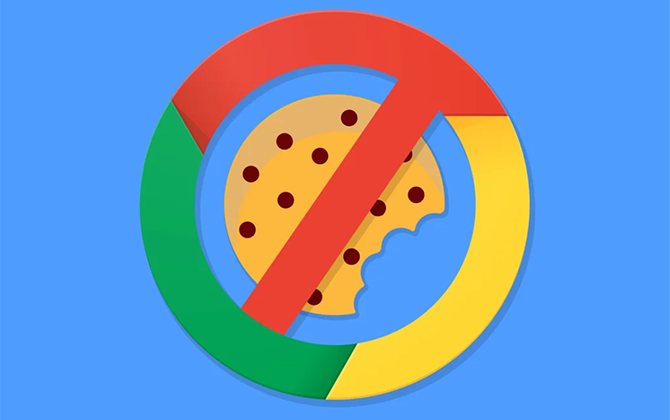As we have been hearing for a long time, Google has decided to put an end to its platform cookies once and for all. That’s right, we will soon be out of cookies!
Well to be fair we already warned you not two months ago in our article Toward a world without cookies. These are the kinds of things that seem to be proposed but the day is never going to come true. Well, the final day has definitely arrived and although there is no official date, it is believed that it could be late 2021 early 2022.
Laws such as GDPR (General Data Protection Regulation) in Europe and CCPA (California Consumer Privacy Act) in the US They have imposed restrictions on the use of consumer cookies. This translates into a rethinking of the digital marketing workflow and the action of the entire ecosystem.
Companies that develop web browsers are phasing out cookie technology. In the not too distant future, cookies will lose their value between 1 and 7 days after a visit or their operation will be blocked. For some browsers like Safari or Firefox these changes have already started. For the Chrome browser there are still a few months ahead.
With the total elimination of third-party cookies in Google, it will cause a blind spot from which exhaustive information on user behavior had been obtained.
Privacy
This is the main issue that remains in constant debate within the digital world and in which many companies have begun to take action. One of these large companies is Google, which for about a year has worked dynamically to eliminate third-party cookies.
This move is part of a Google strategy. With it, it says that it will renew its business practices to be more respectful of users’ privacy. The company acknowledges an erosion of trust in digital advertising, which provides thousands of businesses with an enormous amount of user data. And it is that as confirmed by the company:
“72% of internet users are convinced that almost everything they do online is being tracked.”
This is how the trust of users towards technology companies has decreased significantly and it is something that directly hurts them. A large majority of users believe that the benefit they obtain from the data collected is not proportional to the risks involved. The ease of entering a website using automatically saved passwords does not equitably correspond to the risk of identity fraud.
Google and its tools are what have given life to this advertising system that has generated huge amounts of money with digital ads. Now this change of direction can be a before and after within the sector. Third-party cookies, including those that track for Google, are the backbone of the data exploitation that has ruled the digital terrain.
Google gives the last rites to cookies and baptizes FLoC
Now that we know that the days of cookies are numbered, we wonder … Will something similar arrive in their place?
Once the cookies have been removed from the Google platform, the FLoC (acronym for Federated Learning of Cohorts) will reach us. Translated it would be Federated Cohort Learning, where advertising will be delivered to large groups of people with similar interests and not to unique users. Therefore, we will go from the individuality of preferences to the collective of preferences or, what is the same, the interest groups.
Google statements in its statement:
“We started from the idea that like-minded groups of people could replace individual identifiers. Today we reveal new data that shows that results almost as effective as cookie-based approaches can be achieved with this technology.”
A good listener, few words are enough.
In short, the unit of measurement will no longer be the cookie or unique user. FLoC will hide the Internet user from the crowd providing privacy, although his behavior will remain under the walls of his browser in an opaque way.
With the FLoC, Google validates their appearance by stating that they expect a conversion for every dollar spent by advertisers equivalent to 95% of the current model.
On the other hand, we know that FLoC will not be the only system used by Google to create audiences. He has described another mechanism that will serve the same purpose but for qualified audiences through bids on his ad platform, His name is FLEDGE.
Furthermore, Google has invented a new service, the Privacy Sandbox. The idea is that the media and advertisers work with this functionality allowing to personalize ads to segments of people, but without identifying a specific individual. The empire of Google with your browser will make your choice a role model.

